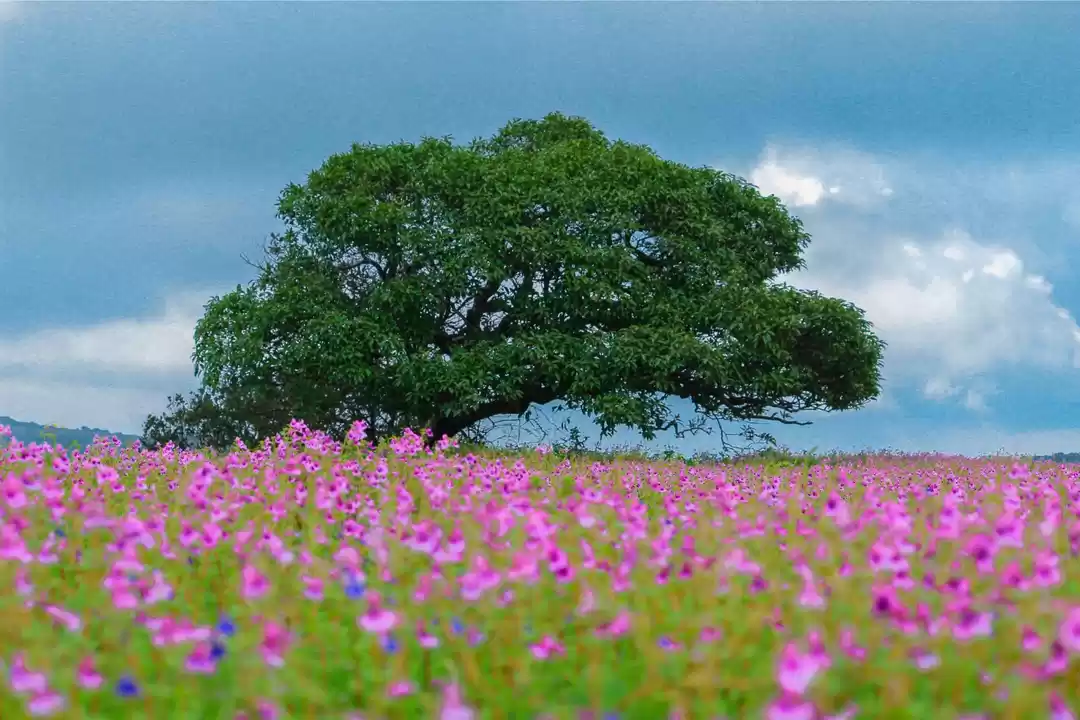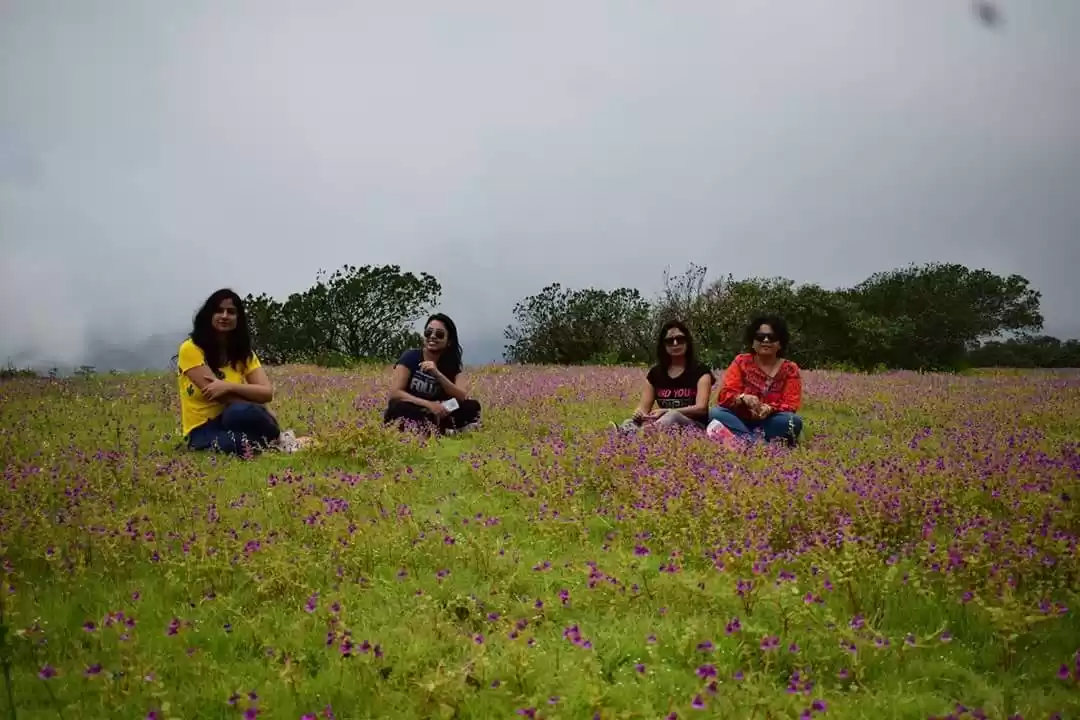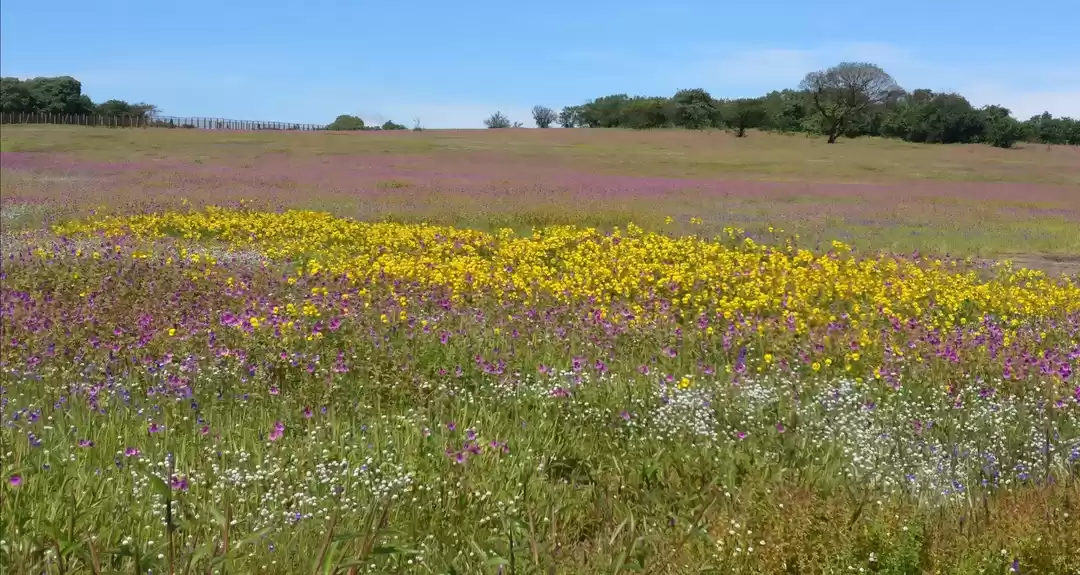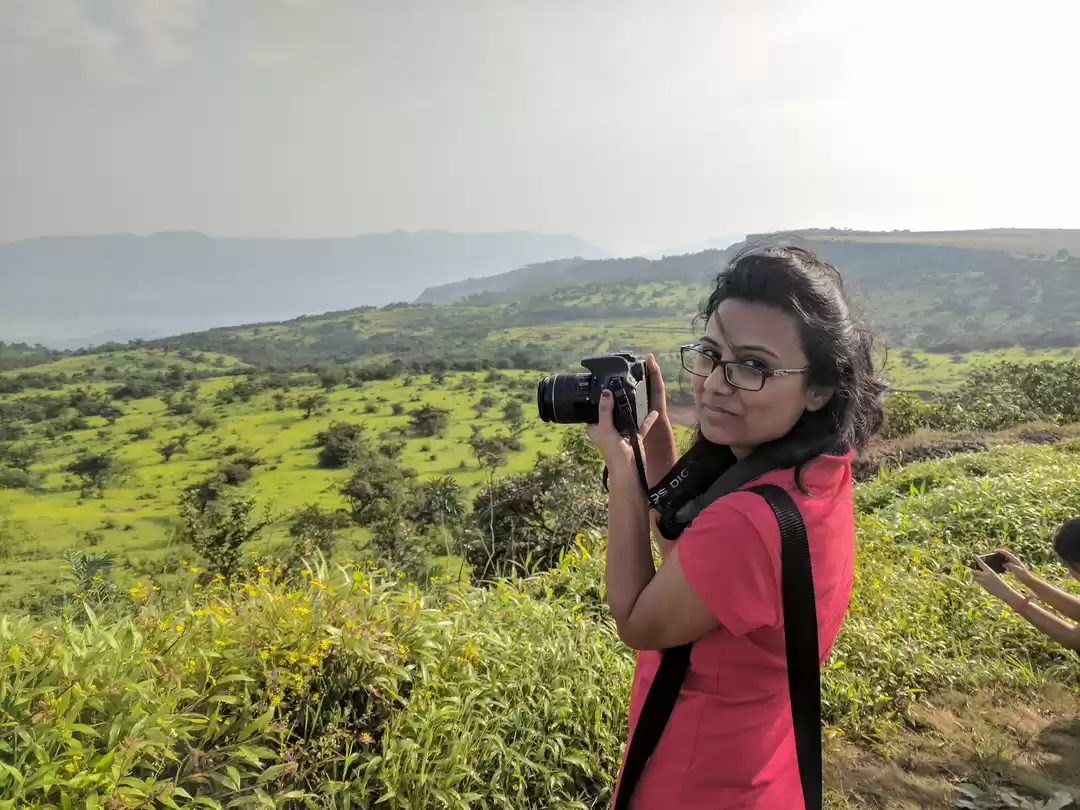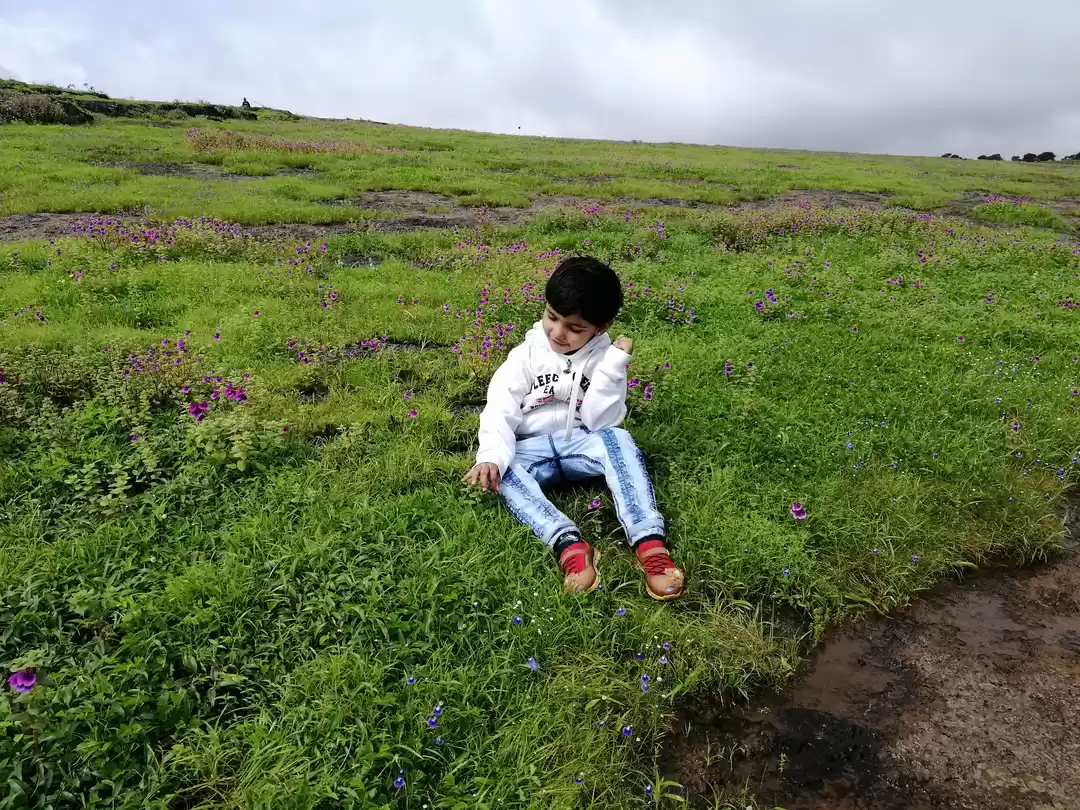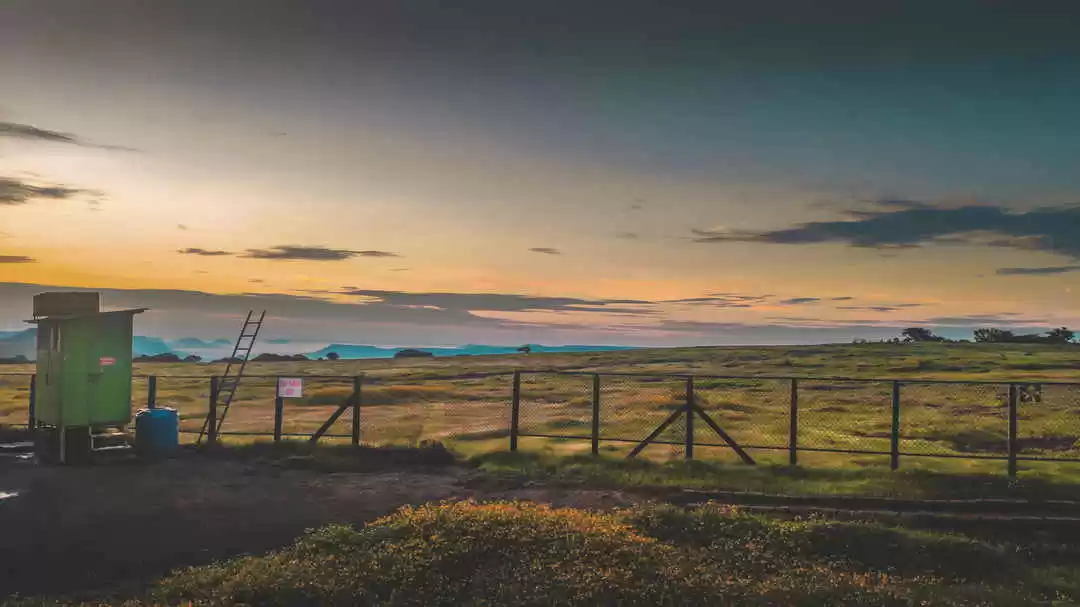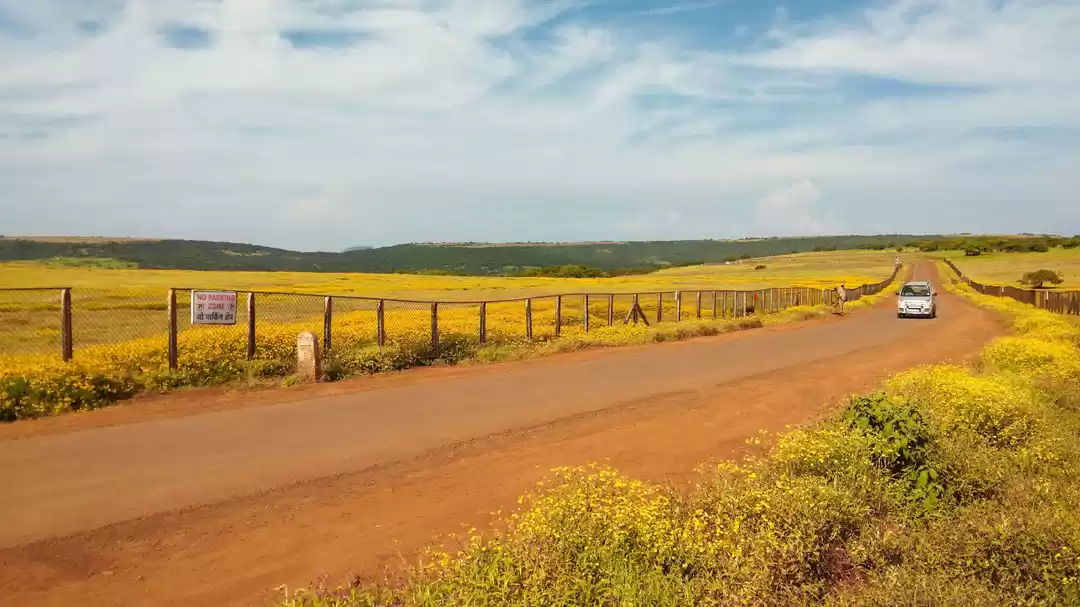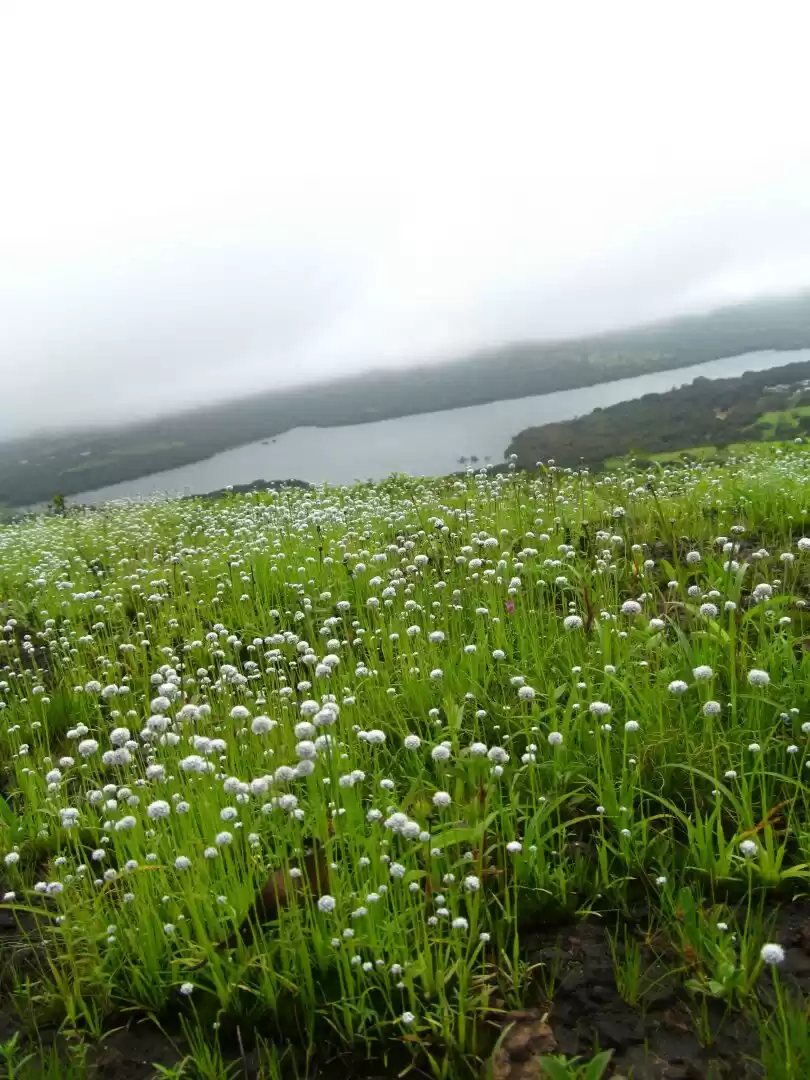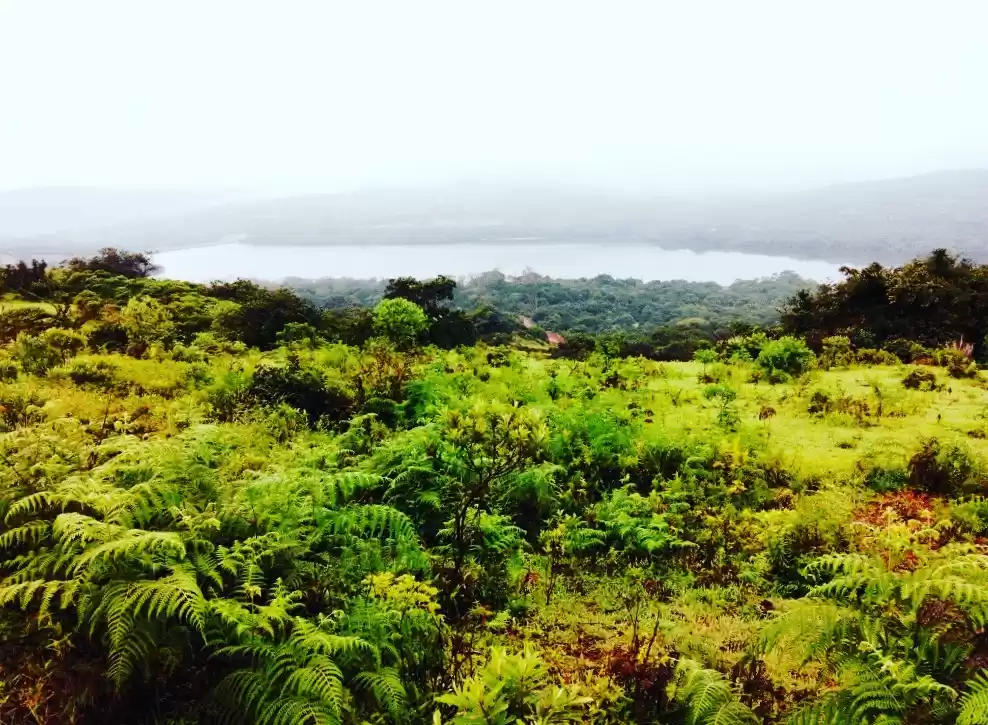
This is an invitation to all the nature lovers out there. Here is your chance to witness the flower blooming in India in all its glory. You do not need to step out of the country to see a land filled with flora and fauna as India has some of the world's best valleys of flowers.
1. Valley of flowers National Park, Uttarakhand
Counted as one of the UNESCO World Heritage Sites, this National Park is blessed with the best Himalayan flora blanketed with a bouquet.
A short trek along the Pushpawati river, passing through dense forests, and crossing several bridges and waterfalls will lead to a valley of plush green meadows blossomed with diverse fauna.
Situated in the Chamoli district of the state, it is spread over a land of 87sq. km.
Flora: Orchids, Poppies, Primulas, Calendulas, Daisies and Anemones.
Fauna: Tahr, Snow Leopard, Musk Deer, Red Fox, Common Langur, Bharal, Serow, Himalayan Black Bear, Himalayan Brown Bear.
How to Reach :
By Air: Jolly Grant Airport, Dehradun is nearest to the valley (300kms).
By Train: The nearest railway station is 270kms away in Rishikesh.
By Road: A motor-able road ends at Govindghat from where the actual trek to the valley starts.
Best Time to Visit: July to Mid-August
Time : 7am to 2pm


Things to do in Valley of Flowers:
1. Hemkunt Sahib
Sri Hemkunt Sahib is a sacred pilgrimage spot, revered by thousands of Sikhs every year. Literally meaning Lake of Snow, in the heart of snow-capped mountains at an altitude of 4329 m, above sea level is a shrine known as Gurudwara Shri Hemkunt Sahib and can be reached by trekking through the path of several waterfalls.

2. Nanda Devi National Park
This World Heritage Site offers you the view of Himalayan Snow Leopard and the endangered species of the Asiatic black bears, blue sheep and brown bear. Nanda Devi, the second highest peak in India, after Kangchenjunga, is visible from this National Park

2. Kaas Plateau, Maharashtra
Also known as Kaas Pathar, it was added to the list of UNESCO World Natural Heritage Sites in 2012. It is a plateau made up of volcanic rocks on the Western Ghats of Maharashtra. At a distance of 25 km from Satara city, this plateau with abundant flora is a biodiversity hotspot known for many seasonal wildflowers.
Flora: Orchids, Shrubs, Karvy, Smithia, Sonki, Balsam, Orchids and carnivorous (insect eating) plants like Drosera Indica
Fauna: Bengal tigers, Indian leopards, Indian bison and Sambar deer and rare birds like the Woodpecker and the Asian Fairy Bluebird
How to reach :
By Air: Phaltan airport, Satara, at a distance of 90km, is the nearest.
By Train: Satara Railway station, 30kms away from the plateau
By Road: The place is accessible by road, and one can hire a taxi or book a bus and reach the destination.
Best Time to Visit: Late August to Early October
Time: 7am-7pm
NOTE: Online booking is mandatory to visit this plateau


Things to do in Kaas Pathar:
1. Kaas Lake
At a walking distance of 15-20 mins lies Kaas Lake. Standing in front of the lake, one can feel enveloped between the hills and the lake on one side and the flowery landscape on the other. This lake was originally built as a water supply for the residents of Satara.

2. The Fort of Ajinkyatara
Almost after a 1-hour drive from the village, you arrive at one of the most important pillars of Maharashtra, Fort Ajinkyatara. Literally The Impregnable Star, this fort was under Chhatrapati Shivaji Maharaj's rule in the 16th century and standing at this place you understand why Marathas took much pride in their army.

3. Dzüko Valley, North-East
North-East is the most pleasing but less explored part of the country. At an altitude of 2452m above sea level, situated on the border of Nagaland and Meghalaya, this valley is famous for its wide range of flowers blooming every season. But the most famous one is the Dzüko Lily, after which the valley has been named.
Flora: Dzüko Lily (Lilium mackliniae), several rhododendron species, plants such as the aconita nagaram
Fauna: The Asian golden cat, The Hollock Gibbon, The Dzuko Valley horned toad (Megophrys dzukou), several species of leopard including the clouded leopard, the Asiatic black bear, the capped langur, the stump-tailed macaque, and the serow
How to reach :
By Air: Dimapur Airport (74kms) is the nearest to Kohima, from where one can catch a bus or a taxi to the last motorable road.
By Train: Nearest railway station is in Dimapur (70kms) near to the capital city of Nagaland, Kohima
By road: 20kms away from Kohima lies two towns named Jakhama and Viswema. These are the villages where you can find a motorable road. From hereon, we trek further up the valley.
P.S.: Trekking from Viswema is a little simpler than the Jakhama trek. Hence advised to trek up by the Viswema route and trek down by the Jakhama route.
Best Time to Visit: June-end till September
Time: 7am - 6pm


Things to do in Dzüko Valley:
1. Triple Falls
Triple Falls, justifying its name, are three falls that lay beside each other amid the scenic backdrop. Located in the village of Siethekima in Dimapur, the water spills down from a height of 280 feet. This is one such hidden gem of the state that is unspoiled and unexplored.

2. Kohima War Cemetery
This is a place dedicated to soldiers of the British Division who lost their lives in the Second World War at Kohima, the capital of Nagaland. In March 1944, Japanese troops attacked the British Army, stationed at Kohima and Imphal in North-Eastern India, with an intent to prevent an attack on Burma.

4. Munnar Valley of Flowers, Kerala
Hearing about Kerala, we always imagine it as a state filled with tea gardens everywhere. But opposite to that, we also have a valley of flowers in this mesmerizing state, justifying its title of being God's Own Country.
This valley is famous for the Neelakurinji flower, scientifically known as The Strobilanthes Kunthiana flower, which blooms once every 12 years and fills the valley with its purplish-blue color.
Flora: Neelakurinji
Fauna: Nilgiri Tahr, and endangered species of stocky goats
How to reach :
By Air: Kochi Airport, 140kms away, is the nearest. From here a taxi can be easily hired till the valley.
By Train: Angamaly Railway Station (110kms) is the nearest to Munnar.
By Road: Traveling along NH49 will lead you to the destination with some of the most picturesque locations.
Best Time to Visit: August to October
Time: 6am-6pm


Things to do in Munnar Valley:
1. Chokramudi Peak, Munnar
At an elevation of 2100m above sea level, this peak is as mesmerizing and picturesque as one can imagine. After a short and convenient trek, which can be completed in a day's time, one can reach the hill top and enjoy a calm and peaceful view to the sunset or the sunrise.
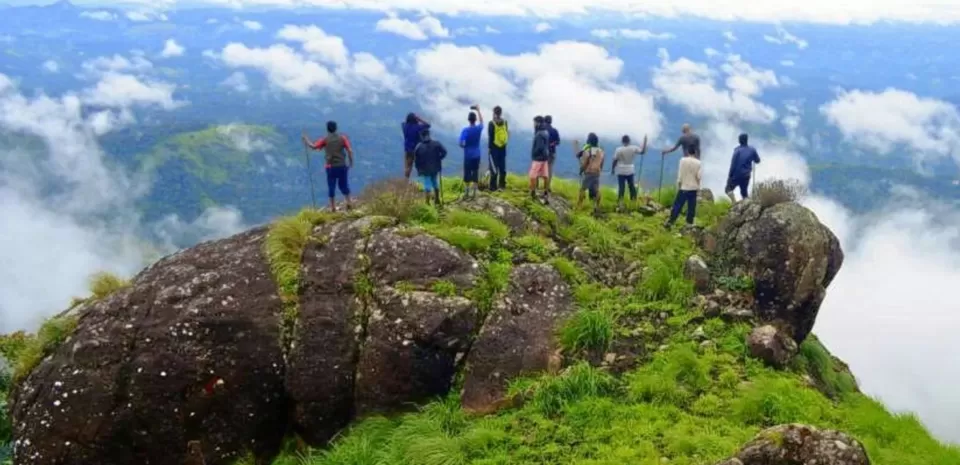
2. Lakkom Water Falls, Munnar
Located at a distance of 30kms from Munnar, the waterfall originates from the Eravikulam peak. The uniqueness of this fall is its silk-like look that quenches your thirst for the picturesque scenery.

5. Yumthang Valley, Sikkim
Ever heard of natural hot springs? If not, then this is the place in India where you get a chance to enjoy the nature and the trek amidst green meadows, rivers and hot springs.
This valley surrounded by the Himalayan range is home to the Rhododendron, the state flower.
Flora: Himalayan flowering shrubs and Rhododendron
Fauna: Wood Snipe Gallinago Nemoricola, Grandala (a local altitudinal migrant), Blood Pheasant Ithaginis Cruentus and Himalayan Monal Lophophorus Impejanus
How to reach :
By Air: One can book an air ticket till Gangtok (120kms), nearest airport to the valley.
By Train: New Jalpaiguri, West Bengal, is the nearest. All major trains pass through this junction.
By Road: The town of Lachung is well connected to the major cities and is at a distance of 120kms from the capital, Gangtok. From this town, road transport facility is available till the valley.
NOTE: A permit has to be taken from Gangtok to visit this place, as its close proximity to the Indo-China Border.
Best Time to Visit: February to June, September to December
Time: Sunrise to Sunset


Things to do in Yumthang Valley:
1. Shingba Rhododendron Sanctuary
The highlight of this valley, Shingba Rhododendron Sanctuary, was established in 1984 and is currently home to 24 different species of Rhododendron, the state flower. During the flowering season, the entire valley is filled with vibrant colors emphasized by the flowers.

2. Zero Point (Yume Samdong)
The Zero Point, locally known as Yume Samdong, is a 1-hour drive away from the valley. At an altitude of 4500m, it begins where the road ends with breathtaking views of the snow-clad mountains and the convergence of three rivers flowing in the valley.

Getting bored of cities, beaches and the mountains, here's your ticket to head over to the nature's paradise for a rejuvenating experience of a healthy dose of sunshine, clear skies and endless fields.
Ready to travel for free? Earn credits and redeem them on Tripoto’s weekend getaways, hotel stays and vacation packages.
For more such travel content follow me on Tripoto and on Instagram.















